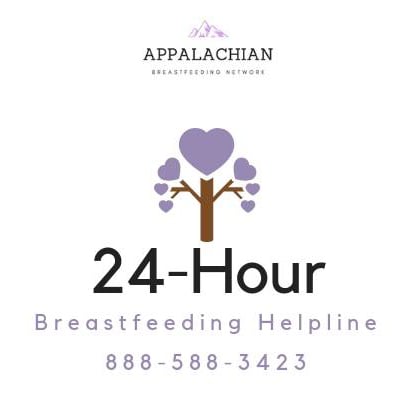MetroHealth is dedicated to eliminatie preventable, sleep related infant death. On average, we lose 20 babies annually to preventable, sleep-related causes.
Parents and caregivers can help by following the ABCDs of Safe Sleep:
Safe sleep is as easy as ABCD
A. Alone
- Nothing and no one else in the sleep space
- No toys or stuffed animals
- Baby should never sleep with parents, siblings, pets or anyone else
B. Back
- Baby should be placed to sleep on their back
- A baby is actually at less risk for choking on their back than when on their stomach
- Babies breathe easier when they are on their backs
C. Crib
- Baby should be in a naked crib with only a fitted sheet
- Never use other bedding or soft items like bumpers, sleep wedges, pillows or blankets
D. Don’t smoke
- Secondhand smoke increases the risk of sleep-related death
- Never smoke in a baby’s environment, even when they are awake!
Breastfeeding is linked to a reduced risk of sudden infant death syndrome/SIDS. Any amount of breastmilk is beneficial for babies, especially in the first six months. While it is impossible to eliminate the risk of sudden, unexplained infant death, we can reduce the risk of preventable, sleep-related infant death.
ABCD. Know it, do it, share it.
Resources
- Read our Safe Sleep Tips (see link above) and learn the basics of infant safe sleep.
- Babies Need to Breathe - First Year Cleveland
- Breath - First Year Cleveland
- NAPPS Checklist - National Action Partnership to Promote Safe Sleep. (2017). Modeling safe practices: A checklist for infant sleep & breastfeeding images. Washington, DC: National Center for Education in Maternal and Child Health.
- Toll-free 24/7 Statewide Breastfeeding Hotline is available to everyone across the state. It is operated by The Appalachian Breastfeeding Network and staffed by live, trained lactation professionals. Services are available free of charge to all callers, including mothers, their families and partners, expectant parents, and health care providers.

